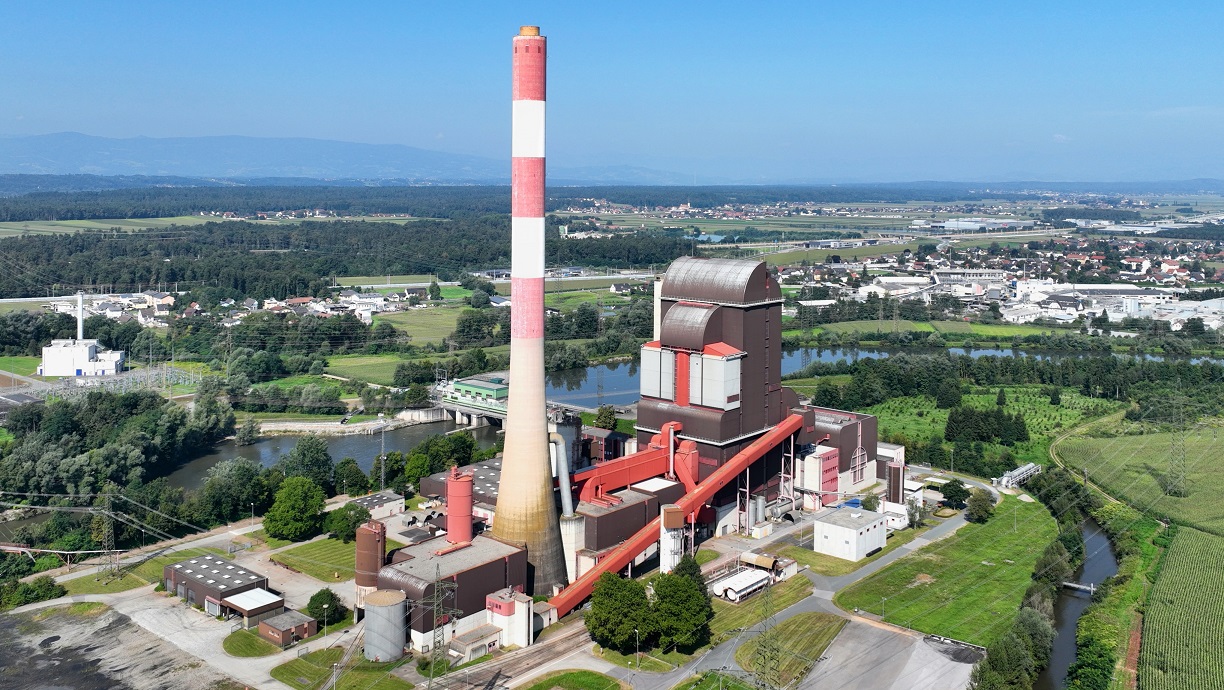This article discusses how Austria is the ideal country for developing nuclear power given its lack of military adversaries, it is not a NATO country, and it is land locked.
The article begins as follows:
If you ever happen to meet a government official from Austria and would like to have some polite fun at their expense, tell them to get Austria to build nuclear power plants so it can better fight global warming. They will probably smile and squirm as they explain that the Constitution of Austria prohibits nuclear power. That’s how anti-nuclear Austria is: they put it in their constitution.
Austria has a relatively robust renewable energy industry. Thanks to its location in the Alps, it gets most of its electricity from hydropower. But it still failed to meet its Kyoto Protocol commitments for reducing greenhouse gas emissions. Nuclear power could help with this by displacing fossil fuels used for electricity and maybe also heating, and eventually by switching to electric cars.
Other countries could do the same. Worldwide, nuclear power could help make a large dent in greenhouse gas emissions while meeting growing energy demand. Emissions from nuclear power are not zero, due to energy consumed for uranium mining and power plant construction. But total nuclear power emissions are low—about 10-20 times lower than fossil fuel burning. Rapid expansion of nuclear power would require an energy-intensive mining and construction process, consuming much of the power that the initial plants produce. My colleague Joshua Pearce calls this energy cannibalism. The effect is diminished if the new nuclear power plants displace new fossil fuel plants. Either way, the eventual result is a low-carbon energy sector.
The remainder of the article is available in Scientific American.
Image credit: C.Stadler/Bwag
This blog post was published on 28 July 2020 as part of a website overhaul and backdated to reflect the time of the publication of the work referenced here.










